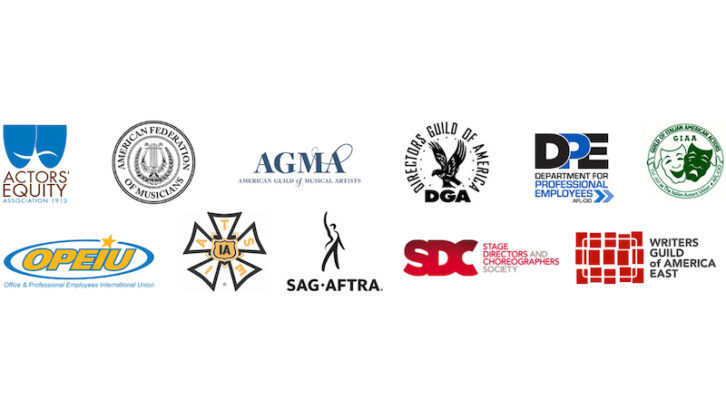
Washington, D.C. (December 12, 2022)—With tax season around the corner, a coalition of entertainment unions are asking Congress to pass the bipartisan Performing Artist Tax Parity Act (PATPA), which would help entertainment workers deduct required work expenses.
According to the coalition, known as The Department for Professional Employees, AFL-CIO (DPE), most entertainment workers spend 20 to 30 percent of their income on necessary work expenses, including equipment, transportation to auditions and more. Up until 2019, these common work expenses were deductible.
Proposed HITS Act Could Aid Producers, Engineers
PATPA would allow entertainment workers to deduct essential work expenses by updating the existing Qualified Performing Artist (QPA) deduction. QPA is a provision of the tax law that allows eligible entertainment workers the option to take an “above-the-line” deduction for certain unreimbursed expenses. Currently, the adjusted gross income threshold for the QPA deduction is $16,000, a level unchanged since QPA’s inception in 1986 under President Reagan. PATPA would raise the threshold of the QPA deduction to $100,000 for single taxpayers and $200,000 for joint filers to help ensure middle-class entertainment workers qualify for the deduction.
As a result, the DPE says being able to claim the QPA deduction would greatly aid entertainment workers and their families. According to the Volunteer Income Tax Assistance (VITA) program at the Actors’ Equity office in New York, a Pennsylvania sound engineer would realize a tax savings of over $4,500, a Nevada actor would pay $1,500 less in taxes, and a New York musician would save $3,000 under PATPA.
The labor organizations calling for the passage of PATPA include:
Directors Guild of America
Actors’ Equity Association
American Federation of Musicians
American Guild of Musical Artists
Department for Professional Employees, AFL-CIO
Guild of Italian American Actors
International Alliance of Theatrical Stage Employees, Moving Picture Technicians, Artists and Allied Crafts
Office and Professional Employees International Union
Screen Actors Guild – American Federation of Television and Radio Artists
Stage Directors and Choreographers Society
Writers Guild of America, East







